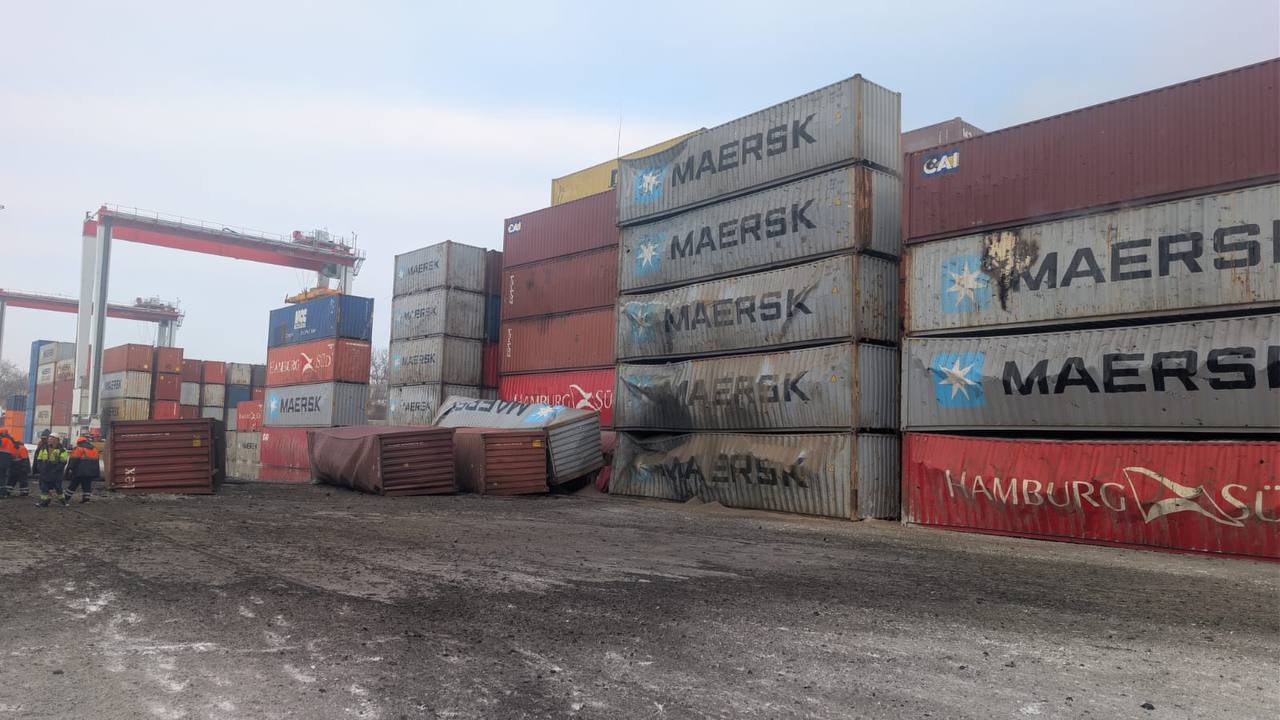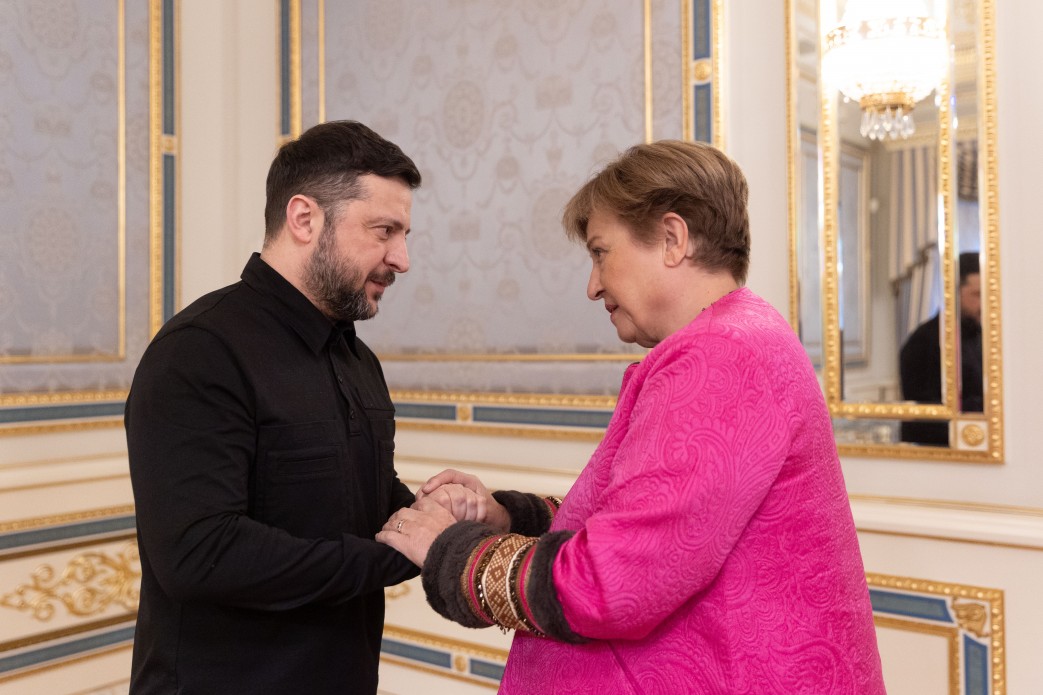Russian Security Council Deputy Chairperson Dmitry Medvedev posted a detailed call for the total elimination of the Ukrainian state and its absorption into the Russian Federation under what he euphemistically called a “peace formula.” Medvedev’s demands are not novel but rather represent the Kremlin’s actual intentions for Ukraine — intentions that leave no room for negotiations for purposes other than setting the precise terms of Ukraine’s complete capitulation.
Medvedev begins the “peace plan” by rhetorically stripping Ukraine of its sovereignty, referring to it as a “former” country and placing the name Ukraine in quotation marks. Medvedev laid out the seven points of his “peace formula,” which he sardonically described as “calm,” “realistic,” “humane,” and “soft.”
The seven points include: Ukraine’s recognition of its military defeat, complete and unconditional Ukrainian surrender, and full “demilitarization”; recognition by the entire international community of Ukraine’s “Nazi character” and the “denazification” of Ukraine’s government; a United Nations (UN) statement stripping Ukraine of its status as a sovereign state under international law, and a declaration that any successor states to Ukraine will be forbidden to join any military alliances without Russian consent; the resignation of all Ukrainian authorities and immediate provisional parliamentary elections; Ukrainian reparations to be paid to Russia; official recognition by the interim parliament to be elected following the resignation of Ukraine’s current government that all Ukrainian territory is part of Russia and the adoption of a “reunification” act bringing Ukrainian territory into the Russian Federation; and finally the dissolution of this provisional parliament and UN acceptance of Ukraine’s “reunification” with Russia.
The tone of Medvedev’s post is deliberately sardonic, and the calls he is making appear extreme, but every one of the seven points in Medvedev’s “peace formula” are real and central pieces of the Kremlin’s ideology and stated war aims and justifications — Medvedev just simplified and synthesized them into a single brutal Telegram post. The first two of the seven points call for the complete military defeat, disarmament, “demilitarization,” and “denazification” of Ukraine. Russian President Vladimir Putin identified the full “demilitarization” (stripping Ukraine of all its military and self-defense capabilities) and “denazification” (complete regime change) as Russia’s main goals in Ukraine when initially announcing the invasion on February 24, 2022. Putin and other Kremlin officials have frequently re-emphasized these goals in the subsequent two years of the war.
Medvedev’s calls for the resignation of all Ukrainian authorities and the creation of a new provisional government are calls for regime change simply made with more specificity about the methods. The demand that any successor state to Ukraine be forbidden to join military alliances without Russian permission is a call for Ukraine’s permanent neutrality, a demand that Putin and other Kremlin officials reiterate regularly.
Putin established the principles that align the Kremlin’s objectives in Ukraine with Medvedev’s seven points in Putin’s 2021 essay “On the Historical Unity of Russians and Ukrainians.” Putin claimed in that article that Ukrainians and Russians are historically one united people who were violently and unjustly separated by external nefarious forces.
Putin used this essay to undermine Ukraine’s sovereignty and claims over its own political, social, historical, linguistic, and cultural development — all suggestions that underpin Medvedev’s calls to dissolve Ukraine as a legal entity and fully absorb it into the Russian Federation. Putin and other Russian officials have long set informational conditions to define Ukraine as an integral and inseparable part of Russian territory and set Russia’s goal in Ukraine as “reuniting” Ukrainian territories with their supposed historic motherland.
Medvedev’s “peace formula” makes explicit and brutal what Putin and the Kremlin have long demanded in somewhat more euphemistic phrases: that peace for Russia means the end of Ukraine as a sovereign and independent state of any sort with any borders. Those advocating for pressing Ukraine to enter negotiations with Russia would do well to reckon with this constantly reiterated Russian position.





















